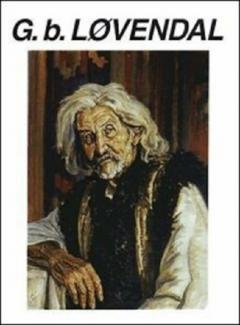Descendent al Casei Regale norvegiene, G.b. Lovendal, artistul care s-a exprimat atat in arta spectacolului cat si in pictura, este prezentat cu o cronologie si un cuvant critic semnat de personalitati ale culturii romane. Reproducerile din opera lui sunt realizate alb-negru si color.
Editie bilingva romana-engleza.

